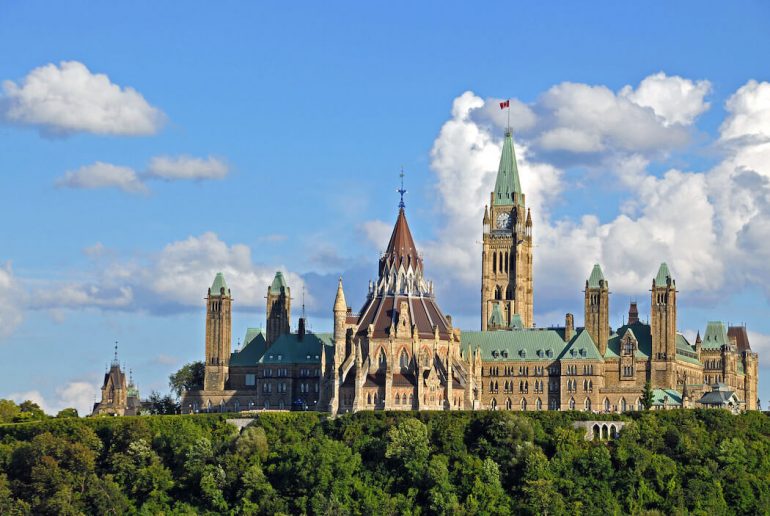Prime Minister Justin Trudeau announced Saturday that the federal government is allocating $306 million to Indigenous businesses during the COVID-19 crisis.
In his Saturday press briefing, Trudeau said the new funding for Indigenous businesses is a first step.
The funding will be provided through Aboriginal financial institutions, which offer financing and business support to First Nations, Inuit, and Métis businesses. The financing will be administered by the National Aboriginal Capital Corporations Association (NACCA). The funding is aimed to give Indigenous businesses access to short-term, interest-free loans and non-repayable grants.
Additional funding will be delivered to help Aboriginal financial institutions cover operational expenses, and help the NACCA increase its operational capacity. The NACCA is a network of 59 Aboriginal financial institutions that provides financial services, loans, and grants to Indigenous entrepreneurs to start new and expand existing businesses.
“Today’s investment will help thousands of businesses bridge to better times, including many that are owned and run by Indigenous women,” Trudeau said his daily press briefing outside Rideau Cottage.
“These businesses employ people right across the country, in small communities and big cities alike,” he added. “They create good jobs in a whole range of sectors, so when we support them we’re supporting families and workers, too.”
On March 18, the federal government announced that it would provide $305 million for a new Indigenous Community Support Fund, to address the needs in First Nations, Inuit, and Métis communities during the COVID-19 crisis.
RELATED: Federal government commits $962 million to Regional Development Agencies, Community Futures Network
According to a letter to the federal government penned by Member of Parliament Gary Vidal this week, the standard model for a First Nation in Canada to carry on a for-profit business is with the use of a limited partnership. He said limited partnerships are not included within the eligibility criteria or the Canada Emergency Wage Subsidy.
“This exclusion of First Nation limited partnerships causes disproportionate harm to the First Nation business community across Canada,” said Al Balisky, president of the Meadow Lake Tribal Council Industrial Investments. “If First Nation businesses, through their limited partnership model, are in fact excluded from the benefits of the emergency wage subsidies, it can only be because of an oversight in the creation of these important wage subsidy programs.”
First Nations have been left behind by the current wage subsidy legislation. That is why today I wrote to @Bill_Morneau asking that he make changes to the regulations so First Nation's businesses can access assistance during the COVID-19 pandemic. #cdnpoli #COVID19 pic.twitter.com/ejd3uQlSg0
— Gary Vidal, MP (@GaryAVidal) April 15, 2020
In his Saturday press briefing, Trudeau said the new funding for Indigenous businesses represents a “first step” and more details on Indigenous support during the COVID-19 crisis will be announced soon.
“We’re going to be there for you with this new investment and measures like the Canada Emergency Business Account, the wage subsidy, and the Canada Emergency Response Benefit,” he added.
Photo by Dennis Jarvis via Flickr


